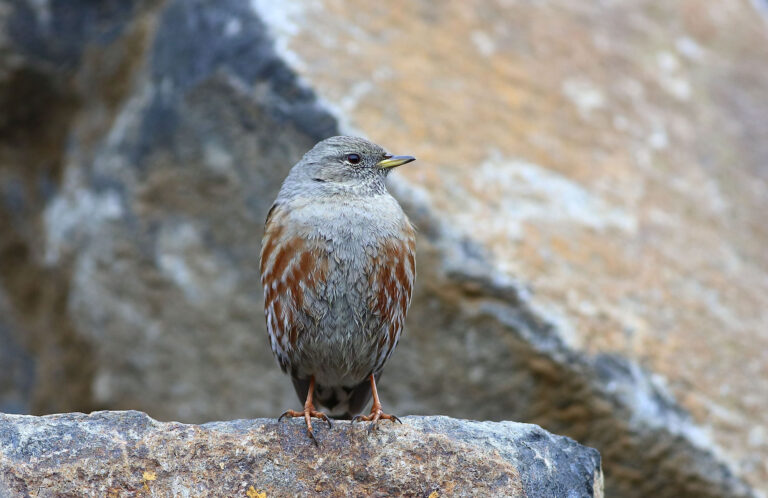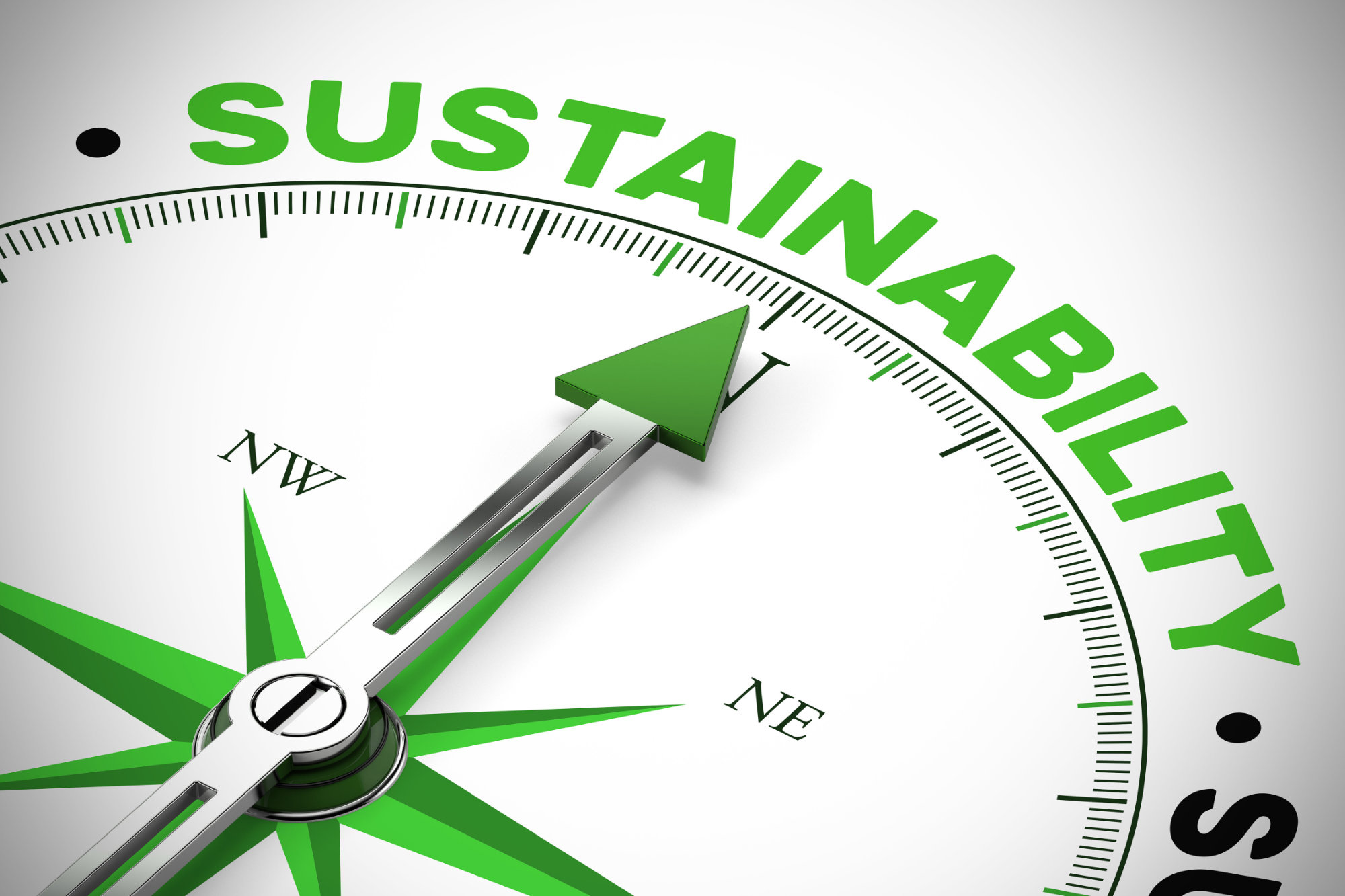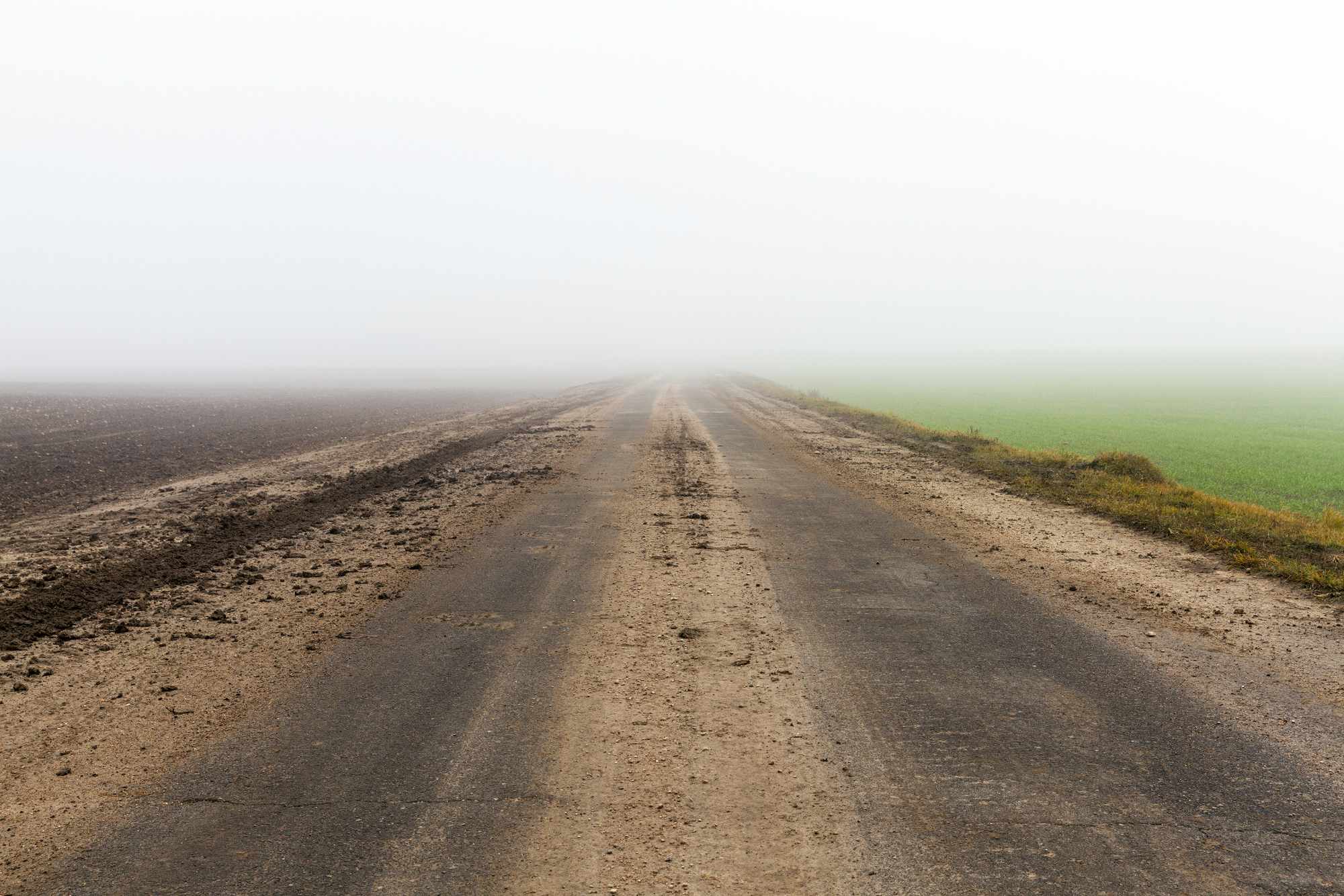Proud of the contribution - by Miles Watkins

Welcome To Our Environmental News Blog
It’s clear that the industry should be rightly proud of the contribution it makes to biodiversity. The quality habitat creation across the UK has been quite staggering, tackling really challenging locations and delivering landscapes such as acid heathland, calcareous grassland and wetlands. The level of sophistication being brought to the game over the years has improved no end – after all there are only so many water-skiing lakes the world needs.
This high-level of delivery has only been possible through quality engagement with stakeholders. Alongside the technical consultants there has been extensive work with RSPB, the Wildlife Trusts, local nature groups, the community and of course the workforce itself. A great deal of – dare I say it – fun has been had in the development of these landscapes and specialist micro-habitats. For me, this is an even greater victory than the contribution to biological science. Working together to a positive end is significantly important from a number of perspectives.
When I started out in the industry it was a gruff, alpha-male environment where those who worked the longest hours, made the most noise and were the most veracious with cost reduction were the winners. There’s been a coming-out so to speak around conservation and biodiversity. Often in meetings the bravado prevented the common sense and the exploration of possibilities – but commonly afterwards the side conversations revealed a deep motivation to do good and make a difference. I think that’s called pride. And it’s relevant right through the organisation from the decision-makers to the operators. Doing good is very important from a cultural and mental well-being perspective and ultimately makes for a quality organisation.
Alongside this, nature provides an excellent connection to the community. Mineral extraction is disruptive and some people often only see the plant and lorries and that’s a big industrial noise-making thing that, if you are lucky, is seen as economically important. Biodiversity improvement provides a really positive outcome that people can work on together. It’s normally for the long-term therefore lasting for generations potentially creating a positive permanent bond between industry and society. Nature is relevant across most of the curriculum and the engagement of schools made possible through habitat creation is yet another string to the bow.
Sustainability and its attributes are often a reductionist agenda – less fuel, less waste, less noise, less emissions – basically a lighter touch but often construed as a restriction on development. Through biodiversity conservation we have the opportunity to do more. And more, as they say, is more.





